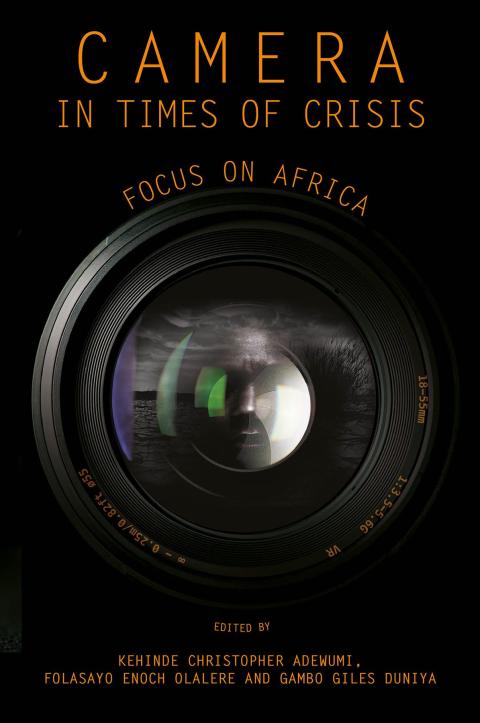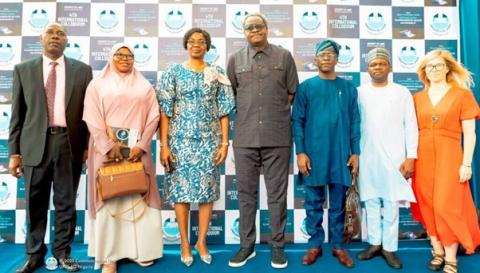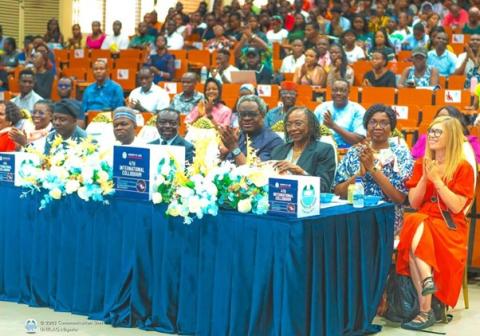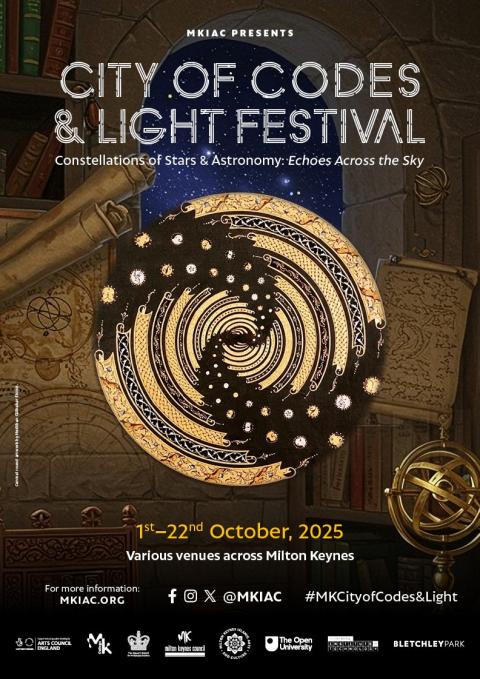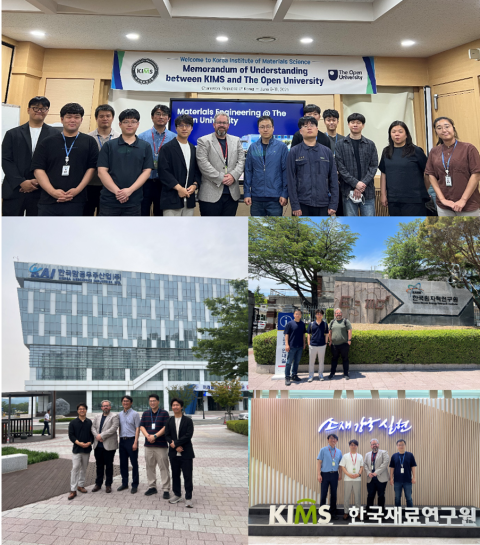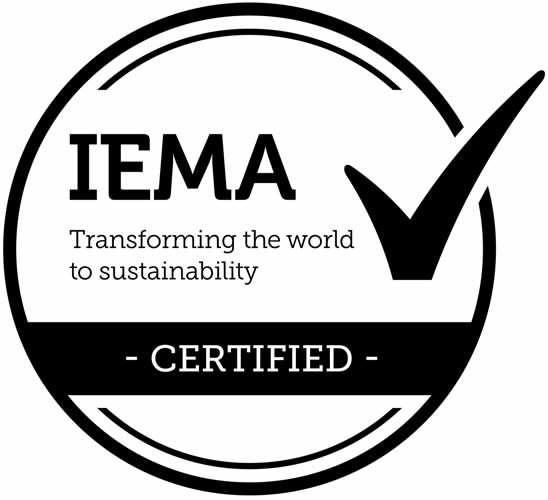News
Camera in Times of Crisis!
Dr Folasayo Olalere (E&I) recently co-edited a book titled Camera in Times of Crisis: Focus on Africa, along with two other editors: Dr Kehinde Adewumi and Prof. Giles Duniya. The book is a response to the multidimensional crises that postcolonial Africa has witnessed since the latter part of the 20th century through to the present day.
International Colloquium of the Distance Learning Institute
In September 2025, Dr Nicole Lotz gave a keynote speech at the 4th International Colloquium of the Distance Learning Institute (DLI). Here, Nicole recounts her experience and the insights gained.
Patterns and Tilings: Beyond Aesthetics
Dr Iestyn Jowers (E&I) will be giving a short talk at the opening event of the City of Codes and Light festival on 01 October 2025. Organised by Milton Keynes Islamic Arts and Culture (MKIAC), the event takes place at Bletchley Park. Talk synopsis as follows:
‘Patterns and tilings: beyond aesthetics’
Korea Institute of Materials Science
In May 2025, Dr. Ho Kyeom Kim and Dr. Richard Moat from the School of Engineering & Innovation (E&I) visited the Korea Institute of Materials Science (KIMS) in South Korea to deliver seminars on ongoing materials research at the Open University (OU). Their visit was part of a series of celebrations relating to the signing of a Memorandum of Understanding (MoU) between the OU and KIMS.
BBC Inside Science
On Thursday 11th September 2025, a new 26-part OU/BBC series of BBC Inside Science started on BBC Radio 4.
BBC Inside Science is a weekly programme that illuminates the mysteries and challenges the controversies behind the science that's changing our world. Academics from the OU STEM Faculty, including the School of Engineering and Innovation, have contributed to the production.
Rare Earth - Series 6
On Friday 22nd August 2025 the OU/BBC radio series, Rare Earth, returns with a sixth series. Academics from the OU STEM Faculty, including the School of Engineering and Innovation, have once again contributed to the production.
Studio Properties: A Field Guide to Design Education
Authored by six internationally recognised experts in design education, Studio Properties: A Field Guide to Design Education serves as an essential reference for scholars and educators in the field. Among the contributors are Derek Jones and Nicole Lotz, both longstanding academics at the Open University.
The Remarkable Story of Carbon
Dr Gareth Neighbour recently presented a paper related to The Remarkable Story of Carbon at Carbon 2025 (The World Conference on Carbon, St Malo, France).
Materials, Minerals & Mining for People, Places, Planet (M3P3)
The School of Engineering and Innovation is sponsoring the new flagship event from the Institute of Materials, Mining and Minerals (IOM3) - Materials, Minerals & Mining for People, Places, Planet (M3P3).
Taking place on 11–12 November in Birmingham (UK), it brings together all 22 IOM3 technical communities for a two-day, cross-disciplinary programme designed to support learning, connection, and collaboration via CPD, technical insight, and real conversation.
Advancing Together - An Invitation for Systemic Collaboration
School of Engineering and Innovation PhD student Houda Khayame recently presented preliminary findings from her case study research “Exploring systemic governance in UK rivers: The ‘wicked’ situation of bathing water designation” at the 69th Annual Meeting of the International Society for the Systems Sciences in Birmingham (11th – 15th July 2025).
